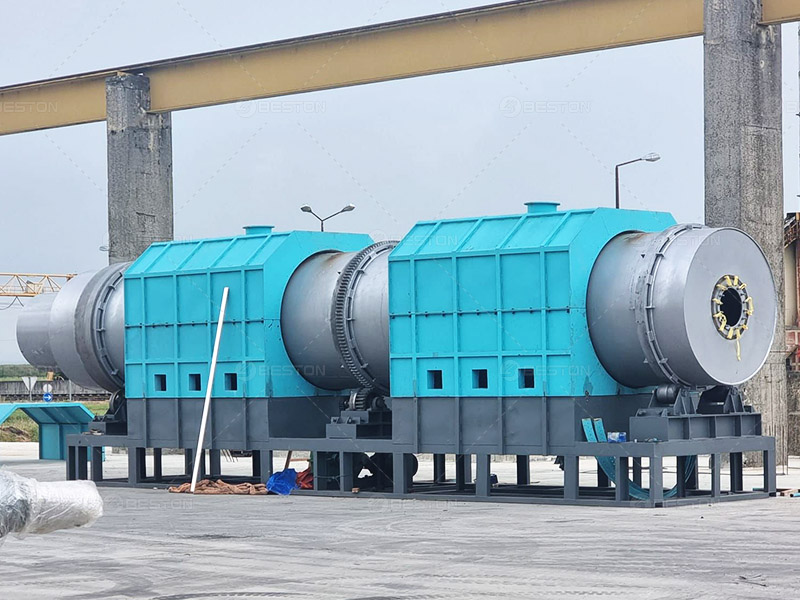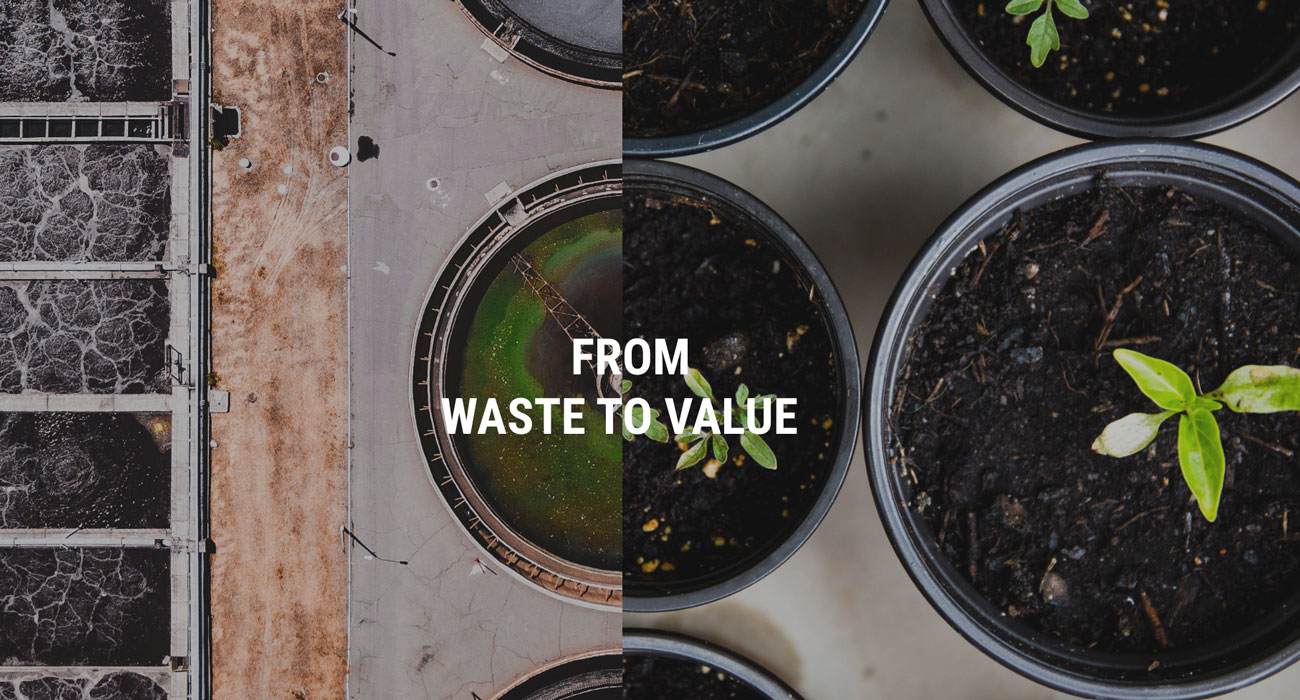Coconut shell charcoal holds a special place in various industries, from cooking to cosmetics, due to its high calorific value and low ash content. The production of coconut shell charcoal involves intricate processes, with two primary methods prevailing: charcoal machine and charcoal kiln. In this article, we’ll explore and compare these two methods to understand their respective advantages and limitations.
Understanding Charcoal Machine
A coconut shell charcoal machine is a modern and automated system designed to convert coconut shells into charcoal through a controlled pyrolysis process. This method involves feeding coconut shells into the machine, where they undergo heating in the absence of oxygen, resulting in the production of charcoal.
Understanding Charcoal Kiln
On the other hand, a charcoal kiln represents a more traditional approach to charcoal production. In this method, coconut shells are stacked inside a kiln and heated through a process called carbonization. Unlike charcoal machines, which often operate continuously, charcoal kilns require periodic monitoring and manual intervention to ensure proper carbonization.
Efficiency and Productivity
When it comes to efficiency and productivity, charcoal machines have a clear edge over charcoal kilns. The automated nature of charcoal machines allows for continuous operation, leading to higher throughput and consistent quality of charcoal. On the contrary, charcoal kilns typically have lower production capacities and may require longer processing times, making them less efficient for large-scale production.

Quality of Charcoal
Both methods yield high-quality coconut shell charcoal, but there are subtle differences in the characteristics of the final product. Charcoal machines often produce charcoal with uniform size and density, thanks to the controlled conditions maintained throughout the process. In contrast, charcoal kilns may yield charcoal with slightly varied properties, influenced by factors such as temperature fluctuations and airflow within the kiln.
Environmental Impact
In terms of environmental impact, charcoal machines tend to be more environmentally friendly compared to charcoal kilns. The controlled pyrolysis process in charcoal machines results in minimal emissions of harmful gases and pollutants, contributing to cleaner air and reduced environmental degradation. On the other hand, traditional charcoal kilns may emit significant amounts of smoke and volatile organic compounds, posing health hazards and contributing to air pollution.
Cost Considerations
Cost is a crucial factor in deciding between charcoal machines and charcoal kilns for coconut shell charcoal production. While charcoal machines typically have higher upfront costs due to their automation and sophisticated technology, they offer long-term cost savings through higher productivity and reduced labor requirements. Conversely, charcoal kilns may require lower initial investment but can incur higher operational costs over time, especially in terms of labor and fuel consumption.
Sustainability and Resource Efficiency
From a sustainability perspective, biochar machine is often considered more resource-efficient compared to charcoal kilns. The automated processes and optimized energy utilization in charcoal machines result in higher yields of charcoal from the same amount of coconut shells, minimizing waste and maximizing resource efficiency. Additionally, charcoal machines may utilize renewable energy sources for power, further enhancing their sustainability credentials.
Conclusion
In conclusion, both charcoal machines and charcoal kilns offer viable methods for producing coconut shell charcoal, each with its own set of advantages and limitations. Charcoal machines excel in terms of efficiency, productivity, and environmental friendliness, making them well-suited for large-scale commercial operations. On the other hand, charcoal kilns may appeal to small-scale producers or those seeking a more traditional approach to charcoal production. Ultimately, the choice between charcoal machine and charcoal kiln depends on factors such as production scale, budget, and sustainability goals.


Comments
No comments yet. Be the first to react!